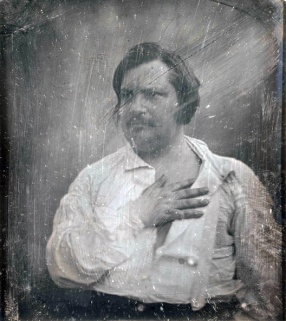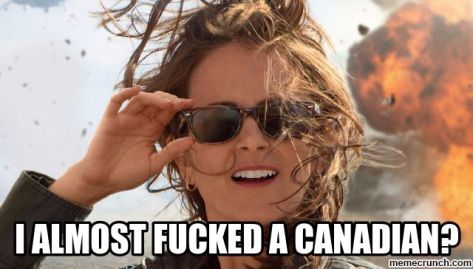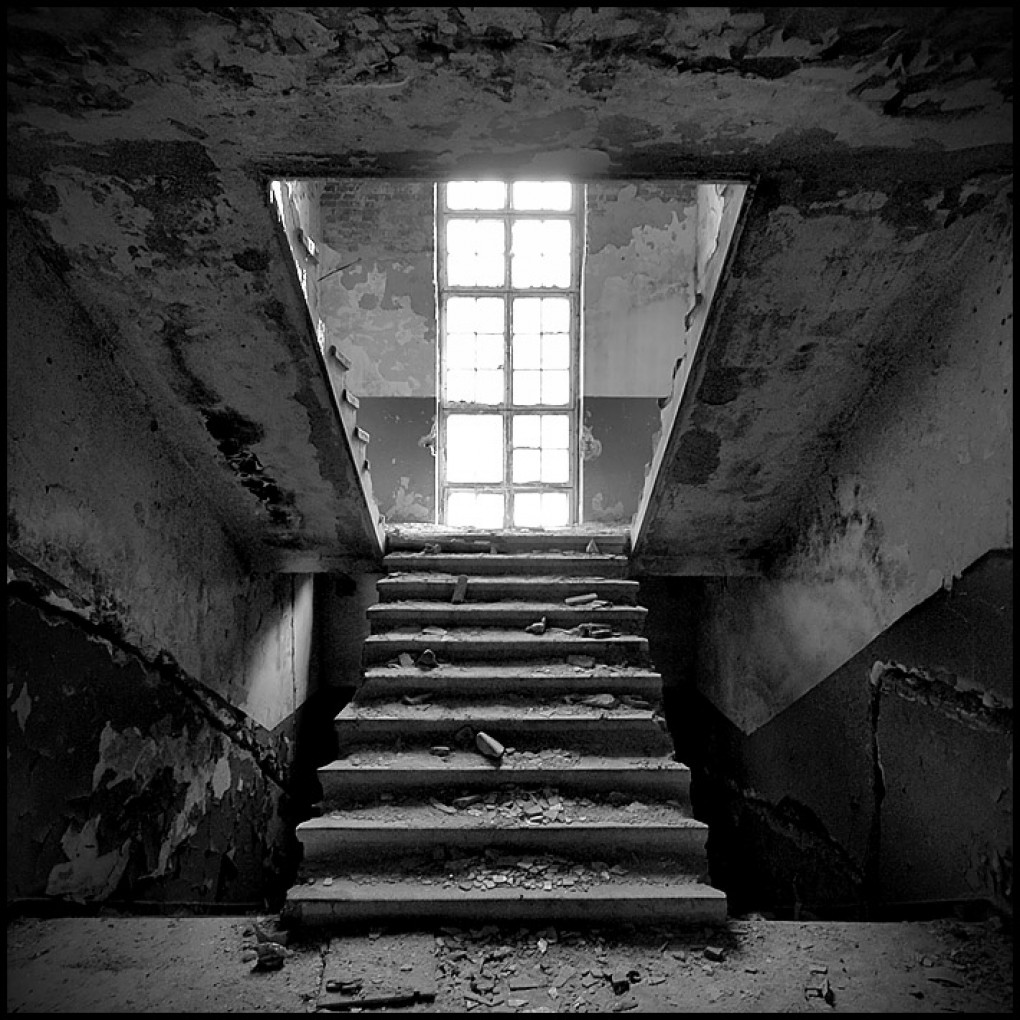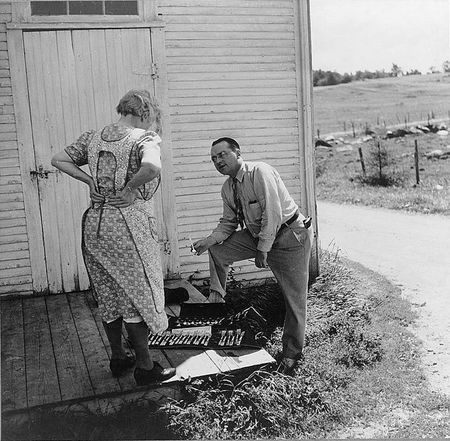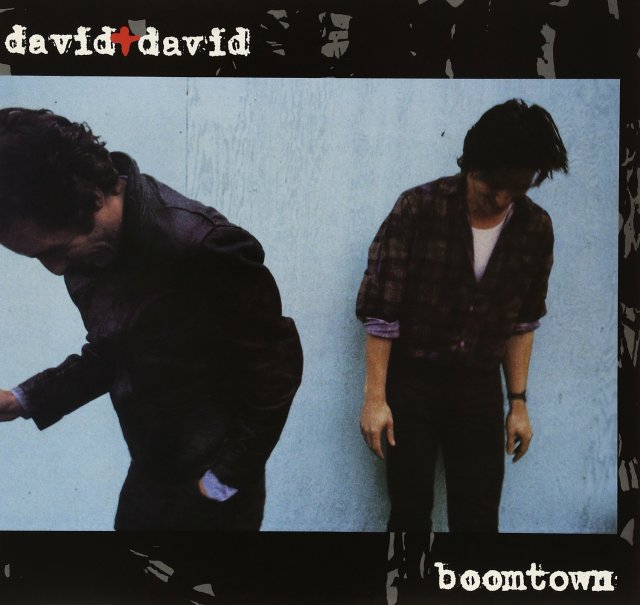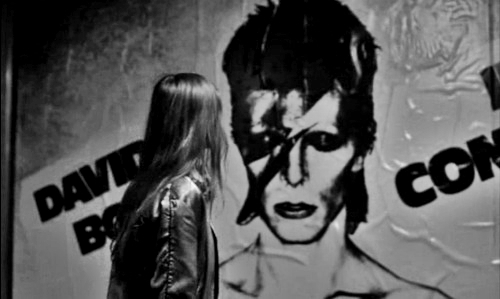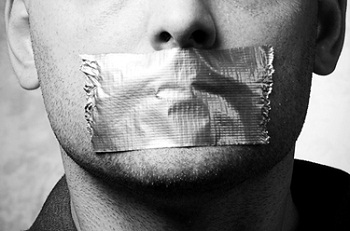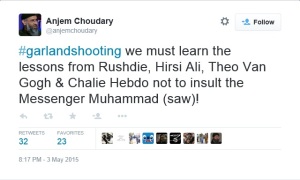1.
Night landing: a hard bump and I’m awake, head vibrating with the shudder as the Otter throttles down and touches tarmac. A small airport – one not even large enough to warrant a passenger lounge. My friend’s car is parked in the shadow of a steel shed housing the automated beacon.
“I’ve tried very hard to keep my name off the ‘net.” He smiles apologetically as he stows my luggage in the backseat. “Search for me on Google and you find a guy who runs a grocery store in Minnesota. Nothing about me or my military service.”
“I get it.” I, too, have been living a hard-target lifestyle since the Cold War ended. We have a lot in common although wildly divergant life-paths have led us to roughly the same place thirty years after we graduated high-school together. And so I understand why he drives quickly with the lights dimmed, why he keeps a loaded Browning in the glove box and a drink pre-poured in the fridge which he gulps immediately upon arrival home.
“You were asking about the rape camps.” He leans back against the kitchen counter as I fish out a joint and light up. “Yes, I believe there were rape camps. Sure there were rumors but from everything I saw, yeah. I believe them.”
“So how do you square it with what’s going on in Europe now?”
“I read your piece in that Alt Right webzine. Right On, wasn’t it? Your readers won’t like that, Jamie.”
“My only obligation to my readers is to entertain them.”
“When did you become such a hard-ass?”
“When did you become such an alcoholic?”
“After Rwanda. Which I don’t discuss anymore for mental health reasons.” He slides open the glass door to the porch, steps across and fires up the gas grill. “Bosnia was bad enough. I couldn’t barbecue for a decade.”
I shudder, remembering the letter when it arrived, the cryptic return address of coded letters and numbers signifying his combat rotation. And, inside, scrawled in his spidery handwriting, the description of the charred bodies of children in the ditches lining either side of the highway to Sarajevo.
“The Muslims were the victims.” I take a seat in a worn and slightly moist lawn chair. “The Serbians tried to ethnically cleanse them out of existence. Rape was part of that program.”
“I heard about that movie – the one that famous Hollywood actress made. What’s her name? Brangelina something? Didn’t do too well. Still. Good for her. Most people don’t want to hear that shit.” He loses focus as he stares into the glowing charcoals. “In Villages like Bacovici and Fojnica, these areas where on the line between HVO – Croat Forces – and BIH, Bosnian Muslim troops. As the line moved back and forth, houses and businesses were deliberately targeted. In some areas, houses of fleeing families were deliberately burned to the ground.”
“A neat trick. When they weren’t shelling the marketplace.”
“War is hell.” He pulls the foil back from two prime steaks, liberally seasoned, and forks them onto the grill. “February of 1994. There was no legitimate military target in the area. Resulted in the creation of the TEZ, the total exclusion zone, a 20 km circle around the area. Weapons and artillery became legitimate targets for the UN and NATO. US and British air strikes followed soon after.”
“Did you know that human rights violations might be happening?”
“Yes. It was part of our training.”
“And what were you supposed to …? I mean what steps could you ..?”
“Our rules of engagement remain classified.” He is frowning now, staring off into space. “But they were, uh, mostly defensive. There was nothing, really. Nothing. We could …”
He turns and heads back indoors to freshen his drink.
2.
I am re-reading the e-mail in disbelief. The editor is demanding historical citations to the war crimes committed in Bosnia. My collaborator and I are good friends but not above the occasional acidic spat. We fire insults pretty liberally even when we’re getting along, but things get heated pretty quickly this time.
The woman is an idiot, I claim. To which she ripostes: nice attitude to have toward our editor. I tell her about my friend, about the carefully-handwritten letters detailing the events as he witnessed them, about the international outcry, the UN tribunals. She remains firm. Sources, footnotes, proof. I dutifully supply same.
The article is published. Rumors of Bosnian war crimes are mentioned. As if that’s all they ever were.
3.
Rain hammers down as I stumble across the uneven ground toward the farm-house. My feet, boots and pants are soaked by the time she lets me in.
“So what was it you wanted to talk about?” My ex-wife Becky picks up a spoon and begins stirring the cous-cous. The house is more or less unchanged since I vacated three years ago. The spaces I once filled are now crammed with more clutter: bags of wool, the scale and shrink-wrap sealer used during strawberry harvest, the green cardboard flats for produce. And, hanging on the wall beside the wool-carder, a framed portrait of the Berber tribeswoman woman who was Becky’s surrogate mother to her during her difficult years in Tunisia.
“When I was talking about the sexual assaults on Cologne New Years Eve you interrupted and said that, yeah, because you’d been in North Africa, you can imagine what might have happened. Could you expand on that? What do you mean?”
“Well.” She puts down the spoon and stares at the counter-top. “The culture in North Africa is sexually very restricted. No interaction between young men and women is permitted. Any woman who is unaccompanied as she walks around outdoors is considered a ‘sharmuta’, which is Arabic for ‘whore’.”
“Do they have whores in their culture? Prostitutes?”
“Oh god yes. And they do a brisk business. But they’re very careful. Like sex-workers everywhere, they endure a great deal of violence. But we were warned, as idealistic young Peace Corps volunteers, that any woman who walks unaccompanied on the streets can expect to be pinched, grabbed at … It’s just the culture. So you can imagine being some young North African guy turned loose in Europe …”
“It would be like a sexual Disneyland.” I shake my head and continue typing notes into my Android. “It seems there has been a deliberate attempt to downplay the event. Some feminists have been protesting with signs that say ‘I PREFER A RAPIST TO A RACIST’.”
“That’s insane.” Becky stops stirring. “But then again I can understand a victim of rape or harassment choosing not to report a crime because …”
My voice suddenly weakens. “Because … why?”
Becky is looking at me funny. “Sometimes people don’t want to bring public shame down on themselves. Or their family. Jamie, is there -?”
“So how about this? There’s evidence that a series of similar attacks happened elsewhere that same night. Stuttgart, Berlin, Zurich …”
“Not conspiracy bullshit?”
“No, this is from police blotters. Also in Malmo, Sweden. A music festival last fall. A whole whack of sexual assaults got reported but, like in Germany, the police, politicans and the press suppressed reporting of it.”
“Well, I can see why!” Becky picks up her spoon and pokes at the cous-cous again. “Any uproar could imperil the continued influx of immigrants. Which is supposed to provide Europe with a source of cheap labor for decades to come!”
I smile. After all, she had once worked for the State Department.
4.
It is 1990. I am twenty-four years old. It is Friday evening and an older co-worker has invited me to meet him for drinks at an abandoned park a few miles from the office. I am just awakening from the sudden shock of being thrust into the workforce following the financial ruin of my parents. After two years of working 70 hours per week for minimum wage to pay my bills, I am loosening up so I now only work 50 hours per week and manage to enjoy the occasional cocktail hour.
Barry is waiting for me in the ruined playground of the abandoned housing project. Half-built model homes loom all around us and the desolate little patch of greenery with its concrete picnic tables, swings and jungle gym is a sad reminder of the cheery little neighborhood envisaged by the urban planners.
“You’ve been very cool to me, Jamie, since I came on board and I want you to know I really appreciate it.” Barry reaches into a bag by his feet, produces a beer can and offers it. I shake my head. He opens it and continues. “I’m surprised you didn’t apply for the manufacturing manager’s job yourself. You could have had it.”
“Not interested. Mind if I?” I fish a joint from my sock and hold it up.
“Grass, eh? Huh. Go ahead.” Barry slurps beer. “I figured you were kind of a bad boy, Jamie. Verity said you were good friends. I asked her about that conversation you two were having last week. About how you ..?”
“How I what?” I light up. Verity and I discuss a lot of things. We’re kindred Gen-X’ers with displaced expectations and an increasingly bleak economic outlook. It just seems to us that the Boomers had raided and run with all the good stuff long before we arrived, leaving us to work Walmart wages for middle management jobs. But we strive to have a good attitude about it. Given that my dad had gone to jail for being a con, I get hip to the whole game fast.
“How you’re … bisexual.”
I fiddle with my joint. Blink. Pretend not to be too interested. “What about it?” I ask boredly.
“I got into trouble for being bisexual when I was in the Army. That’s why I transferred out and re-enlisted into the Navy.” He is watching me carefully now. “I told my wife and she just started to laugh. How would she possibly understand? Anyway. Yeah. I’ve been kind of lonely about it. And then I overheard you and Verity and -”
“Well, hey. I’m flattered, man. But -”
“And I haven’t been able to stop thinking about you since. Like I watch you walk through the office with your shirt and tie. And your nipples poking out against your shirt front. And I can’t help myself.”
“Ah -”
“I just spend a lot of time imagining how I would eat your ass. You know? How I would just dive into it like a watermelon half. And mmm – good.”
Barry keeps this up for the next hour. Then the next week. After a month, I find a reason to resign by mail, and receive an angry voice message from the owner of the company demanding to know why.
I don’t answer.

Tuareg tribesman.


